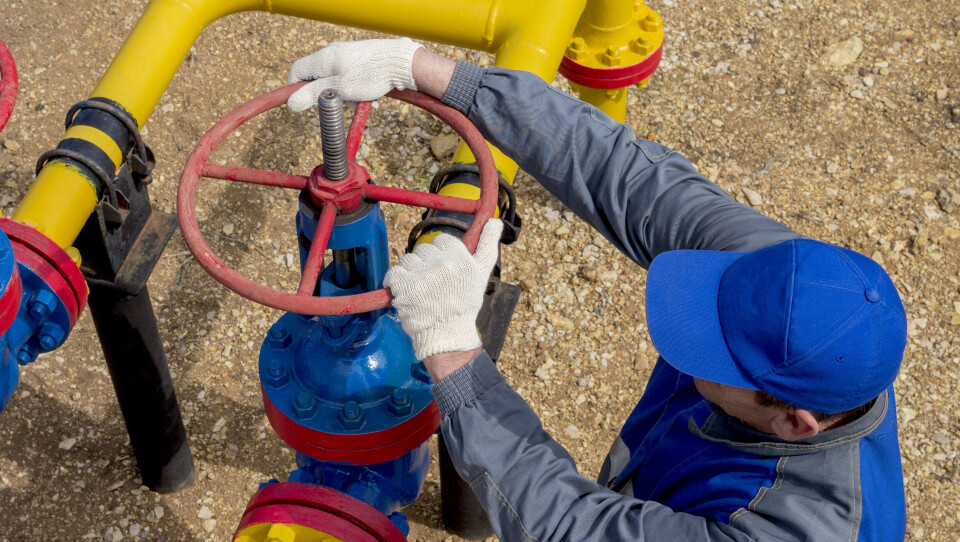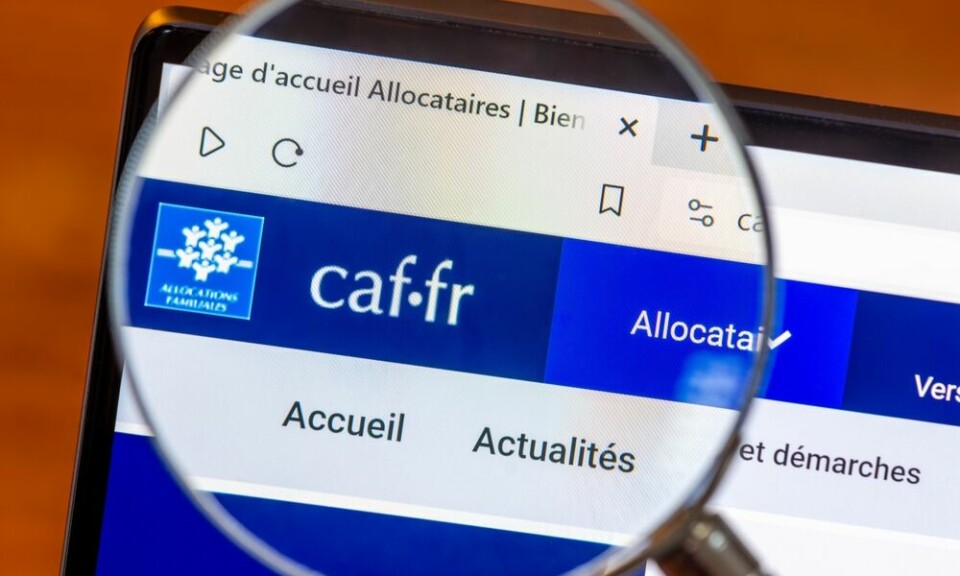-
Price rises for Netflix in France
The Standard (with ads) and Premium packages are increasing by €24 a year
-
Leclerc supermarkets to sell car fuel at cost price for Easter
The initiative will apply to diesel, petrol, and LPG
-
French motorway made free to motorbikes during Le Mans 24H bike race
There will also be rest stops available for motorbikes riders travelling to and from the event
France should ‘no longer need Russian gas within three to four years’
Ending reliance on EU imports from Russia will depend on the improvement of current infrastructure, the president of French giant Engie has said

The head of French energy giant Engie has said that France may no longer need Russian gas supplies “within three to four years”, pending the development of major gas infrastructures in the EU and supply from the US.
Jean-Pierre Clamadieu, Engie president, made the prediction on Saturday, May 7, speaking to FranceInter.
Se passer du #gaz russe ? "La question, c'est à quel terme", dit @jpclamadieu @ENGIEgroup. "Je pense qu'en 3 ou 4 ans, on est probablement capable de réduire de manière très importance notre dépendance." #Narretepasleco @franceinter pic.twitter.com/8IwElodgWT
— Fabien Cazeaux (@FabienCazeaux) May 7, 2022
When asked if France could end its use of Russian gas, he said: “In the long term, yes. The question is in what ‘term’...
Mr Clamadieu added that achieving this would depend on the development and improvement of complex infrastructures, such as gas pipelines and liquefaction plants. "These infrastructures take time," he said, "but [France is] probably capable of reducing its dependence on Russian gas in a very significant way [within] three or four years.”
He did not add any further details on the development which would be needed.
The president warned, however, that “if we have to face up to a brutal interruption, that scenario would be a lot more difficult, and would require adjustments that would probably be just as brutal”.
Mr Clamadieu added: "The reality at the moment is that there is a lot of gas coming into Europe. Gas contracts, including Russian ones, are at very high delivery levels.”
Engie has therefore sought to diversify its supplies recently. At the beginning of this month, it signed a 15-year liquefied natural gas (LNG) supply contract with US NextDecade.
The company had previously suspended talks with NextDecade in November 2020 after concerns were raised about the environmental impact of its production methods.
NextDecade says that it has carried out a series of projects to reduce its emissions since then, but not-for-profit organisation Amis de la Terre has criticised the "incoherence" of Engie's new contract with the American supplier, arguing that it compromises France's aim of reaching cabron neutrality by 2050.
"This contract embodies like never before the hypocrisy and the doublespeak of the government [which has a 24% stake in Engie] with regards the climate and the energy crisis," the organisation said in a statement. "It hammers home the point that the war in Ukraine is prompting us to free ourselves from our dependence on fossil fuels, but then plunges us into decades of addiction to shale gas, when this type of contract brings no type of short-term solution."
Engie has said that so far this shift to LNG will not provide “sufficient quantities to replace” Russian gas for the time being.
'Prioritising decarbonised energy production'
Mr Clamadieu has previously told Le Figaro that: "Engie could go without Russian gas, which makes up less than 20% of its supply. Europe as a whole would without doubt be capable of replacing half of its Russian gas supply. The other half would be absorbed by cuts and reductions in consumption shouldered by the industrial sector.
"A lot of decisions over the last 10 or 20 years have been taken on the hypothesis that Russia would grow closer to Europe in an economic sense. This hypothesis did not come true. Over recent years, Engie has diversified its gas supply."
Mr Clamadieu also predicted that the conflict in Ukraine would "accelerate the process of making gas greener.
"Engie is in a much better situation than it was four years ago. We have set our priorities: accelerate the development of renewable energies, which requires a lot of resources, as well as sustainable energy infrastructures, most notably in towns and big cities," he added.
"The priority [...] is to invest massively in a decarbonised energy production in France and in Europe. This comes hand in hand with being independent in terms of energy," which is not currently possible seeing as France "does not have fossil fuels at its disposal".
EU sanctions
It comes as the EU continues to impose sanctions on Russia as a result of the war in Ukraine. It has issued five rounds of sanctions since February, and has decided to stop buying Russian coal.
It is currently looking to the US to supply a third of its gas. Currently, just under 20% of French supplies come from Russia.
Finland-based thinktank Crea has estimated that since Russia invaded Ukraine, European imports of gas, oil, and coal have earned the Kremlin €44billion.
However, the EU has refused to pay for its Russian gas purchases in roubles as requested by President Putin, and has said that as a result, member states must prepare for the possibility of their supplies being cut.
Related articles
Cutting off Russian gas: What is France's view and what consequences?
France and Germany prepare for Russian gas cut: What will the effects be?
























